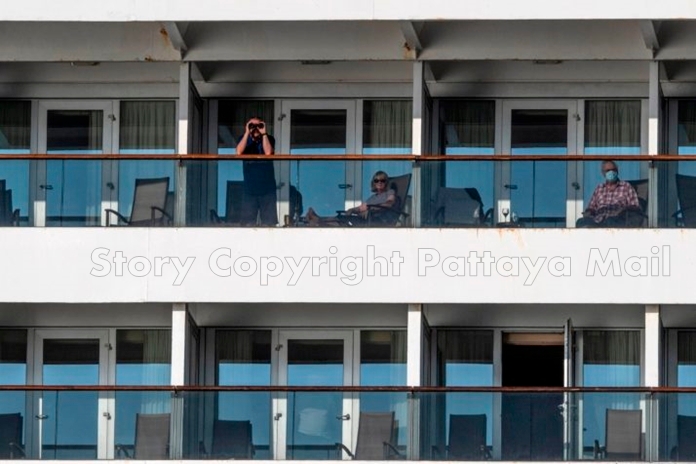
There’s a multiplicity of dedicated hotline numbers in Thailand where you can report in confidence the misbehavior of other people. It is well known that the immigration “special” has netted very many visa overstayers and even drug lords. Now, with the Covid-19 lockdown weakening, there are new government hotlines to encourage public-spirited citizens to snitch on those allegedly not wearing masks, failing to observe social distancing and, of course, consuming alcohol without a hearty meal in front of you.
It is common to justify snitching which has been going on since Judas Iscariot betrayed Jesus. Probably before. A million Frenchmen were arrested during the Nazi occupation on the say-so of French citizens who were acting, so they said, as the eyes and ears of the state to guarantee law and order and improve social cohesion. But snitching today, even about mundane matters, is spiraling across the world and Thailand is no exception.
Many of the drinking dens raided in recent times by the Pattaya authorities are discovered because an anonymous “concerned citizen” is appalled by illegal behaviour. Hmm! Or perhaps he or she is taking revenge on a personal level against people he or she dislikes. At least one hotel organizing an illegal pool party last month was raided by police after a tip-off from another hotelier who was settling old scores. It’s likely a common phenomenon.

Another term for snitchers is curtain-twitchers, always on the lookout for indiscretion by “Covidiots”, a new term entering the public lexicon which means those disobeying the virus pandemic rules. Maybe the wannabe reporters are just plain bored with too much time on their hands, or perhaps it’s just fun to play havoc with other people’s lives. There might even be a financial reward for reporting non-compliance to the authorities if you know the right people. Not unknown in Thailand to be sure.
Technology must bear some of the responsibility for increased snitching. Every cell phone has a camera and any image can instantly go viral online. Facebook and Twitter splash every detail of a person’s private life across the screen whilst revenge pornography has become a significant computer industry. So the boundaries between what is acceptable and non-acceptable are becoming increasingly unclear. In the world of today, there never seems to be too much information.
Of course, the move to a whistleblower society has its critics. In Thailand, there has been significant criticism of the computer crimes act of 2017 which even encourages third-party reporting. But to no avail. President Trump, the most powerful person in the world we are told, rants and rails against disloyalty – what he calls flipping – but seems unable to prevent a former foreign policy advisor (John Bolton) publishing a book with highly embarrassing details about his former boss’ gross ignorance and gigantic corruption.
As if to prepare us for the new-normal in snitching, a new website currently under construction will apparently print more or less anything about you in the context of international humiliation. According to reports, you have to pay US$100 to have the blackmailing material removed, and part of the bounty goes to the person who posted in the first place. Well, after all, 2020 is the Year of the Rat.

 |
 |
 |





